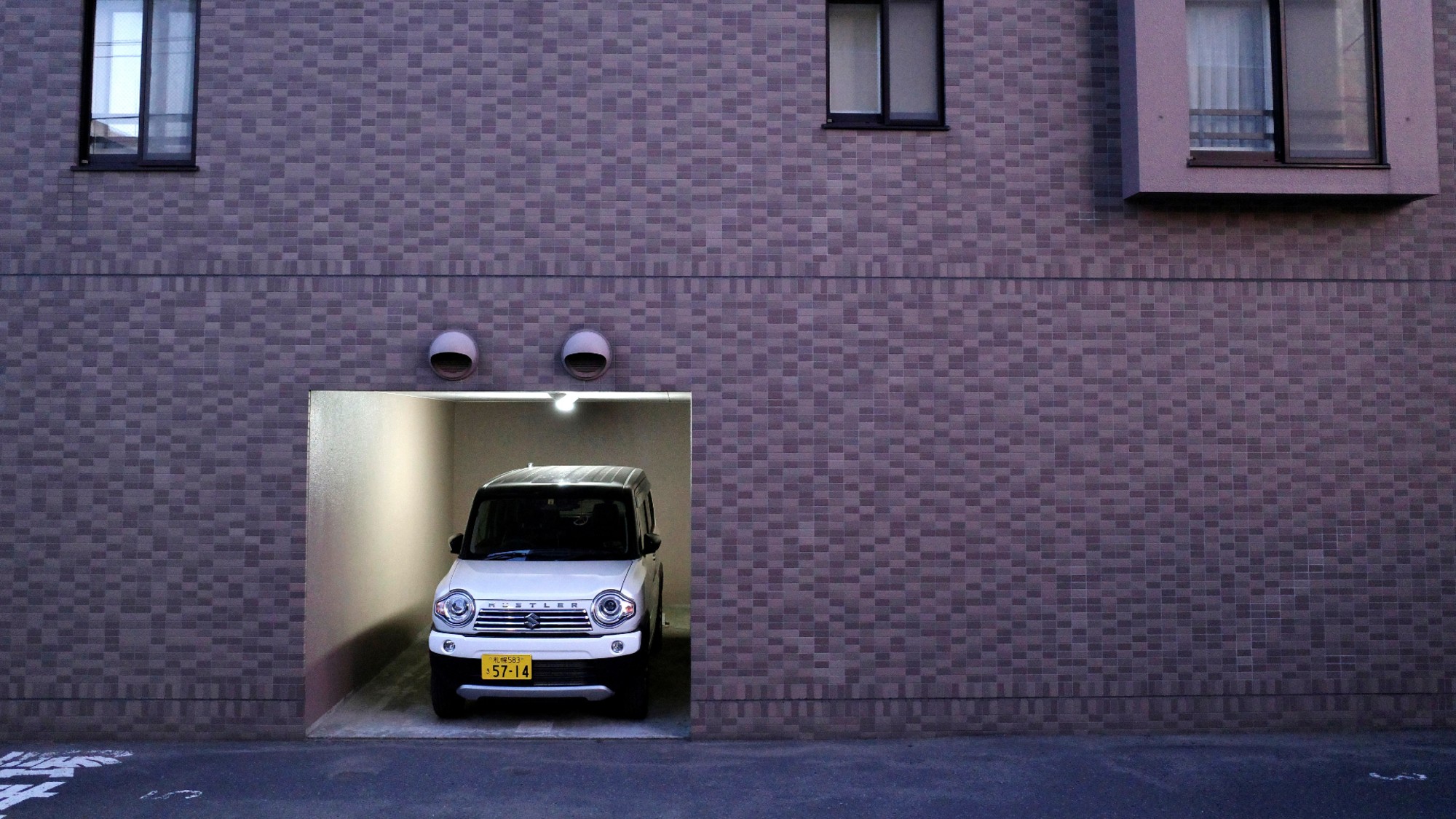The American Dream lives!
Despite what you heard, it isn't dead. Or dying. Or even wretchedly sick.


Any chance America's terrible, horrible, no good, very bad 2016 will somehow end well? No way. This is the annus horribilis when nothing mattered. So when a group of top economists and sociologists from Stanford, Harvard, and the University of California released their findings last week on the vitality of the "American Dream," you just knew they weren't going to find it "healthy" or "robust." Instead they declared it to be "fading."
Of course, they did.
Now the Equality of Opportunity Project team defines the "American Dream" as the financial aspiration that kids will have higher living standards than their parents — what academics call "absolute income mobility." And their results — sorry, millennials — suggest barely half of American 30-year-olds, just 51 percent, earn more than their parents did at a similar age. That's a staggering decline from the early 1970s when 92 percent of 30-year-olds earned more than their parents did at a similar age. Income gains were particularly woeful for men in the upper Midwest where factory employment was hit by automation and Asian trade.
The Week
Escape your echo chamber. Get the facts behind the news, plus analysis from multiple perspectives.

Sign up for The Week's Free Newsletters
From our morning news briefing to a weekly Good News Newsletter, get the best of The Week delivered directly to your inbox.
From our morning news briefing to a weekly Good News Newsletter, get the best of The Week delivered directly to your inbox.
Clearly years of slower economic growth and rising income inequality have taken a toll. But that they would isn't really surprising. It's just math. Had the researchers found mobility moving in the other direction, getting better, now that would have been the real shocker given those other economic realities.
What was gobsmacking was the severity of the decline. And given such an extreme result, the researchers tried to anticipate every possible objection. They ran the numbers using alternative inflation measures, including taxes and government transfers, calculating income gain at later ages, and adjusting for changing household size. But their bottom-line conclusion was "unaffected" by all those various tweaks.
So time to crank up taxes on the rich and start cutting checks, as the progressive left argues? Well, slow your roll, basic income enthusiasts, and consider the following:
First, the report may be a sort of worst-case scenario. Without disputing the core finding showing a decline in absolute mobility, some critics note that combining the effects of all those alternative measures presents a less dire picture. Add them to some other reasonable tweaks, notes Scott Winship of the Foundation for Research on Equal Opportunity, and modern mobility rates rise to 70–74 percent, with maybe two-thirds "a safe conservative estimate." So a bit better. And as Winship adds, "For adults who were poor children, absolute mobility rates almost certainly remain above 90 percent."
A free daily email with the biggest news stories of the day – and the best features from TheWeek.com
Second, you can also measure mobility by looking at a child's chance of moving up or down the income ladder relative to their parents. Is America still the "Land of Opportunity"? What are the odds someone born into the bottom fifth of household income, for instance, makes it to the top fifth? And here — big relief — the probability of moving upward hasn't changed in a generation, according to a 2014 report by the EOP team. That, despite less growth and more inequality. Many news reports about the new study failed to mention the older one on upward mobility. On the downside, though, differences in relative mobility between blacks and whites remain distressingly large.
Third, superstar economist Raj Chetty, involved in both reports, sees faster and more inclusive economic growth as key to improving mobility overall. But instead of perhaps a massive redistribution scheme for some dreamy "post-work" agenda, Chetty favors policies that promote work and opportunity, according to the Wall Street Journal, such as "increasing payments to the working poor under the earned-income tax credit, improving education, starting with elementary schools, and helping poor families move to higher-mobility areas."
So the American Dream still exists, although it's a bit dinged up. And the United States remains the Land of Opportunity, although it could definitely be better. All of which should pass for good news in a year with precious little of it.
James Pethokoukis is the DeWitt Wallace Fellow at the American Enterprise Institute where he runs the AEIdeas blog. He has also written for The New York Times, National Review, Commentary, The Weekly Standard, and other places.
-
 Could smaller cars bring down vehicle prices?
Could smaller cars bring down vehicle prices?Today’s Big Question Trump seems to think so, but experts aren’t so sure
-
 2025’s most notable new albums
2025’s most notable new albumsThe Week Recommends These were some of the finest releases of the past year
-
 Trump aims to take down ‘global mothership’ of climate science
Trump aims to take down ‘global mothership’ of climate scienceIN THE SPOTLIGHT By moving to dismantle Colorado’s National Center for Atmospheric Research, the White House says it is targeting ‘climate alarmism’
-
 Has Zohran Mamdani shown the Democrats how to win again?
Has Zohran Mamdani shown the Democrats how to win again?Today’s Big Question New York City mayoral election touted as victory for left-wing populists but moderate centrist wins elsewhere present more complex path for Democratic Party
-
 Millions turn out for anti-Trump ‘No Kings’ rallies
Millions turn out for anti-Trump ‘No Kings’ ralliesSpeed Read An estimated 7 million people participated, 2 million more than at the first ‘No Kings’ protest in June
-
 Ghislaine Maxwell: angling for a Trump pardon
Ghislaine Maxwell: angling for a Trump pardonTalking Point Convicted sex trafficker's testimony could shed new light on president's links to Jeffrey Epstein
-
 The last words and final moments of 40 presidents
The last words and final moments of 40 presidentsThe Explainer Some are eloquent quotes worthy of the holders of the highest office in the nation, and others... aren't
-
 The JFK files: the truth at last?
The JFK files: the truth at last?In The Spotlight More than 64,000 previously classified documents relating the 1963 assassination of John F. Kennedy have been released by the Trump administration
-
 'Seriously, not literally': how should the world take Donald Trump?
'Seriously, not literally': how should the world take Donald Trump?Today's big question White House rhetoric and reality look likely to become increasingly blurred
-
 Will Trump's 'madman' strategy pay off?
Will Trump's 'madman' strategy pay off?Today's Big Question Incoming US president likes to seem unpredictable but, this time round, world leaders could be wise to his playbook
-
 Democrats vs. Republicans: who are US billionaires backing?
Democrats vs. Republicans: who are US billionaires backing?The Explainer Younger tech titans join 'boys' club throwing money and support' behind President Trump, while older plutocrats quietly rebuke new administration
